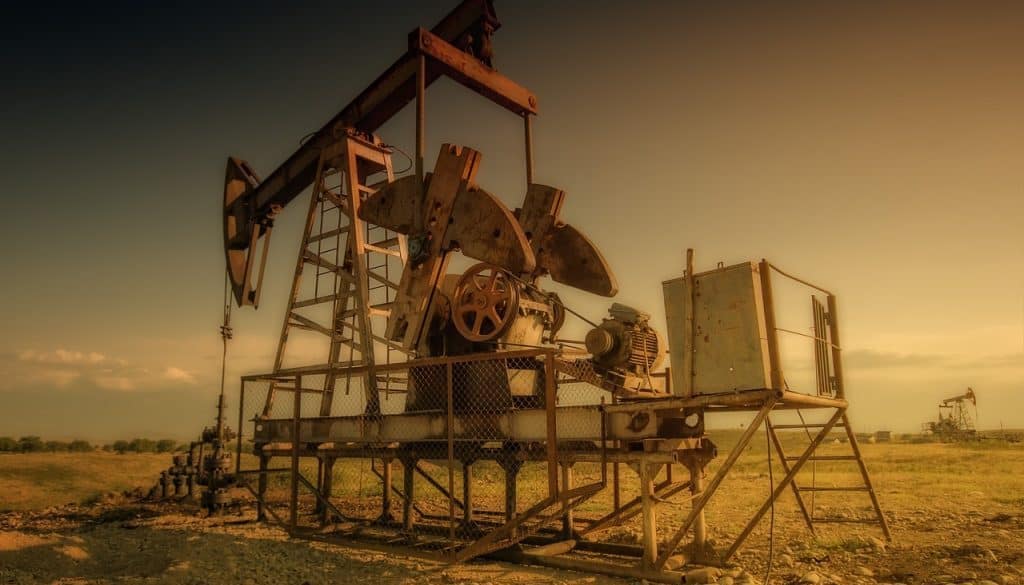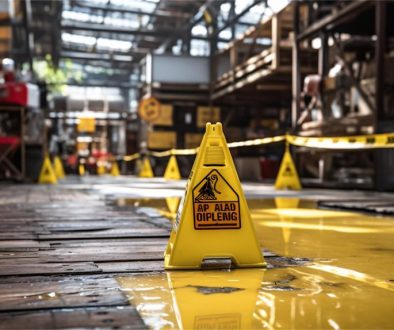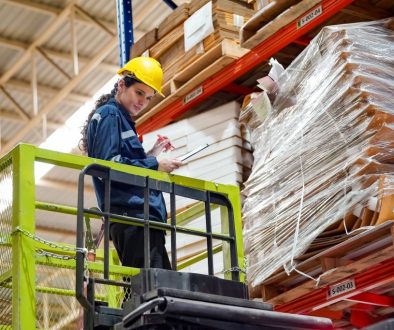Petronas Is Not Acquiring Sapura Energy
Malaysia’s national oil company Petronas is not going to be acquiring its cash-strapped compatriot contractor Sapura Energy, which would have brought Sapura under the same group as rival contractor Malaysia Marine & Heavy Engineering (MMHE) and shipping giant MISC.
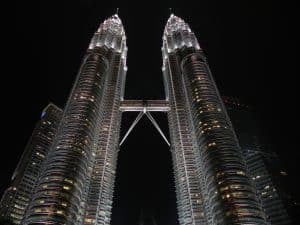
Responding to news reports, comments in the media and recent speculation on its purported “talks with the government on a proposal to take a significant stake” in Sapura Energy, Petronas stated that it “wishes to categorically deny these reports and speculation”. “We have always been and will continue to be strictly guided by an established framework for any investment or divestment consideration,” said Petronas.
A notable call to protect Sapura from bankruptcy had come last week from former Malaysian prime minister Najib Razak – who mentioned that if the offshore and marine giant were to go to the wall, it would take with it 10,000 “high-paying jobs” and 4500 vendors and suppliers would also be impacted. “This was how Petronas saved MISC (now an indirect subsidiary of the energy giant) in 1998. Upon recovery, Petronas… can resell part of Sapura’s shares to the local market just as Petronas resold MISC’s shares to make a profit,” said Najib. Sapura Energy posted an 8.9 billion ringgit (US$2.11 billion) net loss for its 2021 financial year — reportedly the largest-ever loss for any Malaysian government-linked company.
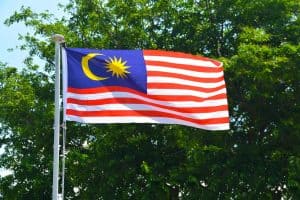
Other alternatives proposed by Mr. Razak included the government providing loans to Sapura or for the contractor to be taken over by Khazanah Nasional — the Malaysian government’s sovereign wealth fund which is entrusted with growing the nation’s long-term wealth via distinct commercial and strategic objectives. Sapura today is 40% owned by Permodalan Nasional (PNB), and Mr. Razak criticised the state-controlled unit trust company for being unable to pump more money into the oilfield services giant, given its financial woes were exacerbated by the fallout of the COVID-19 pandemic.

Sapura’s financial woes have been widely documented. The contractor has been more adversely hit than its competitors by the repercussions from the coronavirus crisis, primarily due to its order book’s large exposure to the transportation and installation (T&I) sector. Offshore T&I projects can require hundreds of workers on location. At the height of the pandemic, these workers each required numerous very costly PCR tests on top of long quarantine periods in hotels before and after jobs. A single such crew mobilisation can cost hundreds of thousands of dollars, if not more. These were amounts that were never envisaged by Sapura during pre-Covid times, and the logistical challenges of mining plant and equipment (and corresponding costs) quickly escalated if just one worker tested positive for the coronavirus. Against this backdrop, Sapura did not secure work it had hoped as operators deferred taking the final investment decision on projects, itself another knock-on from the pandemic.

